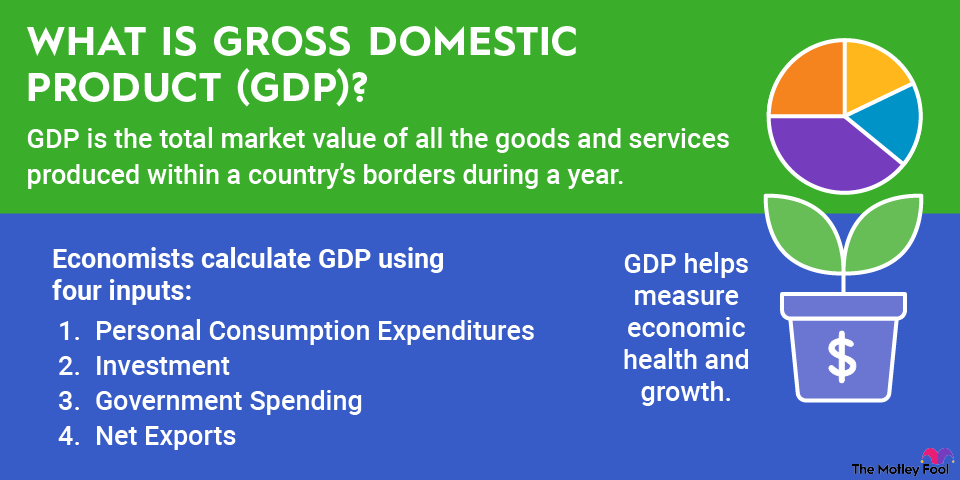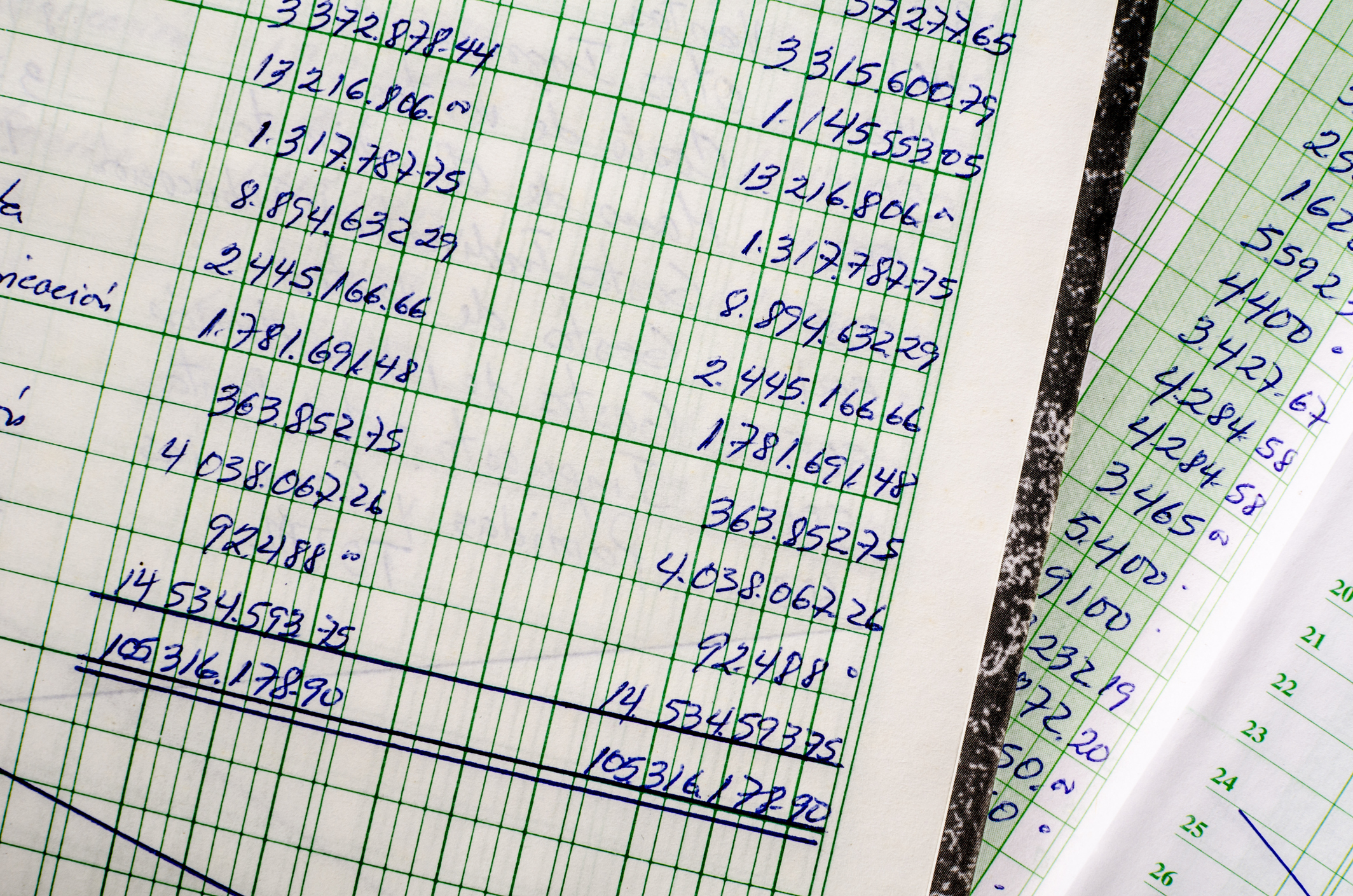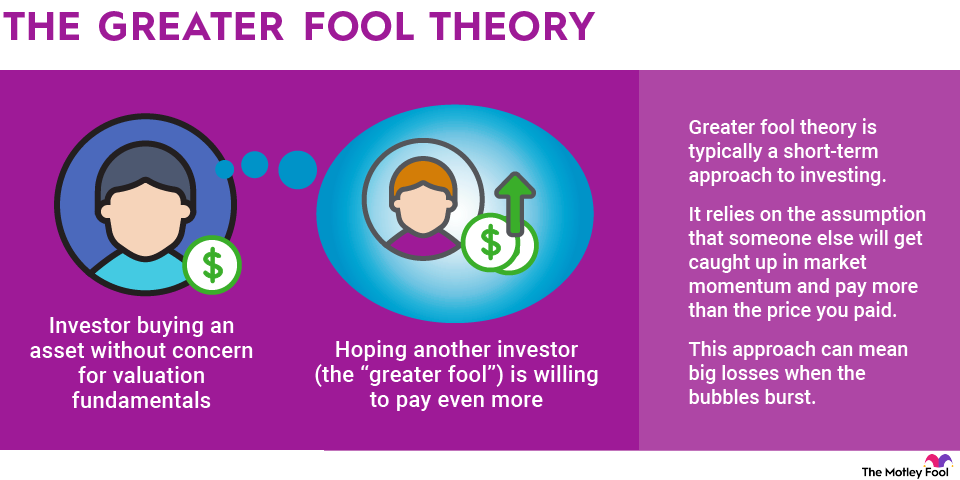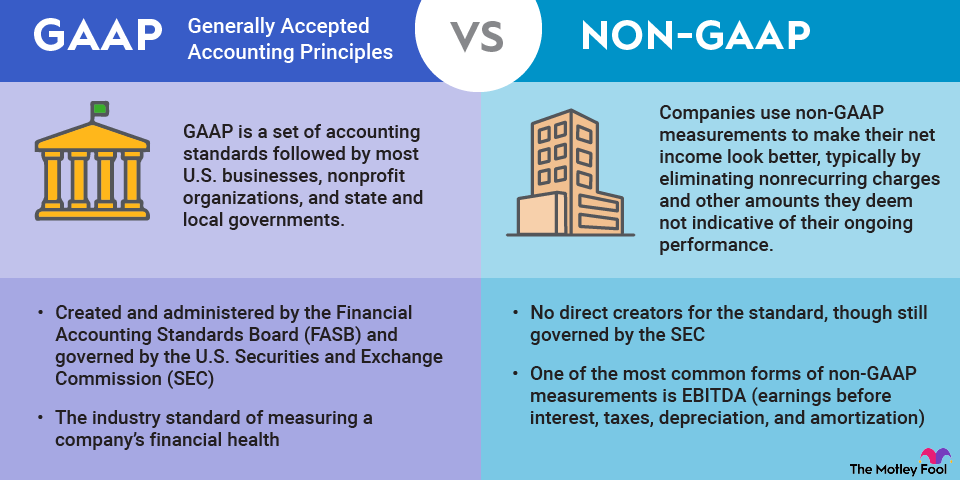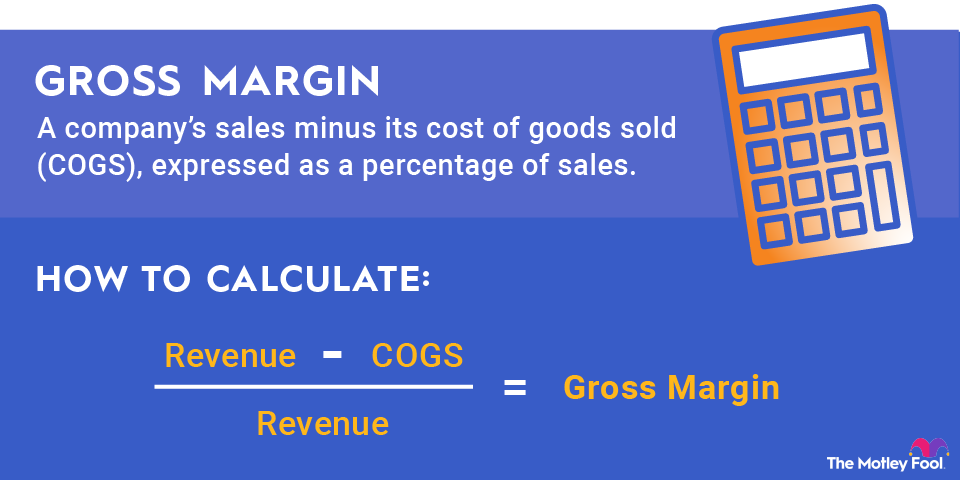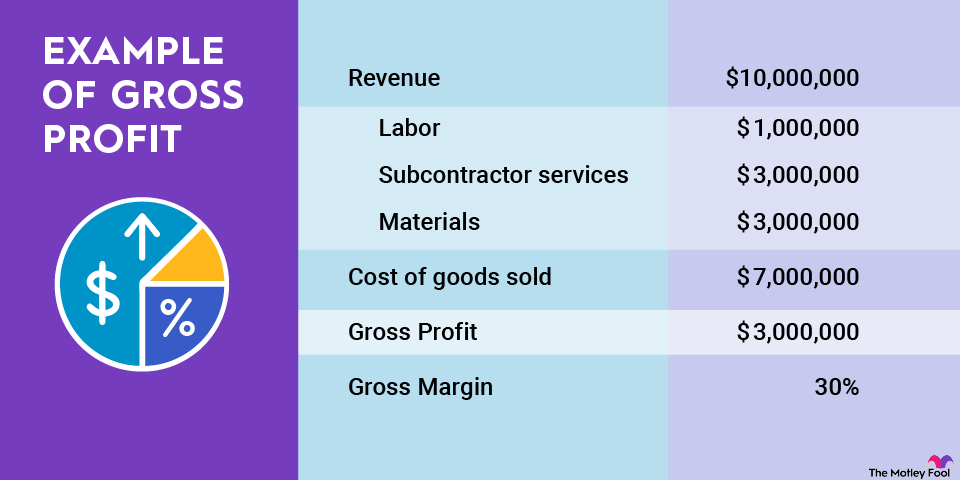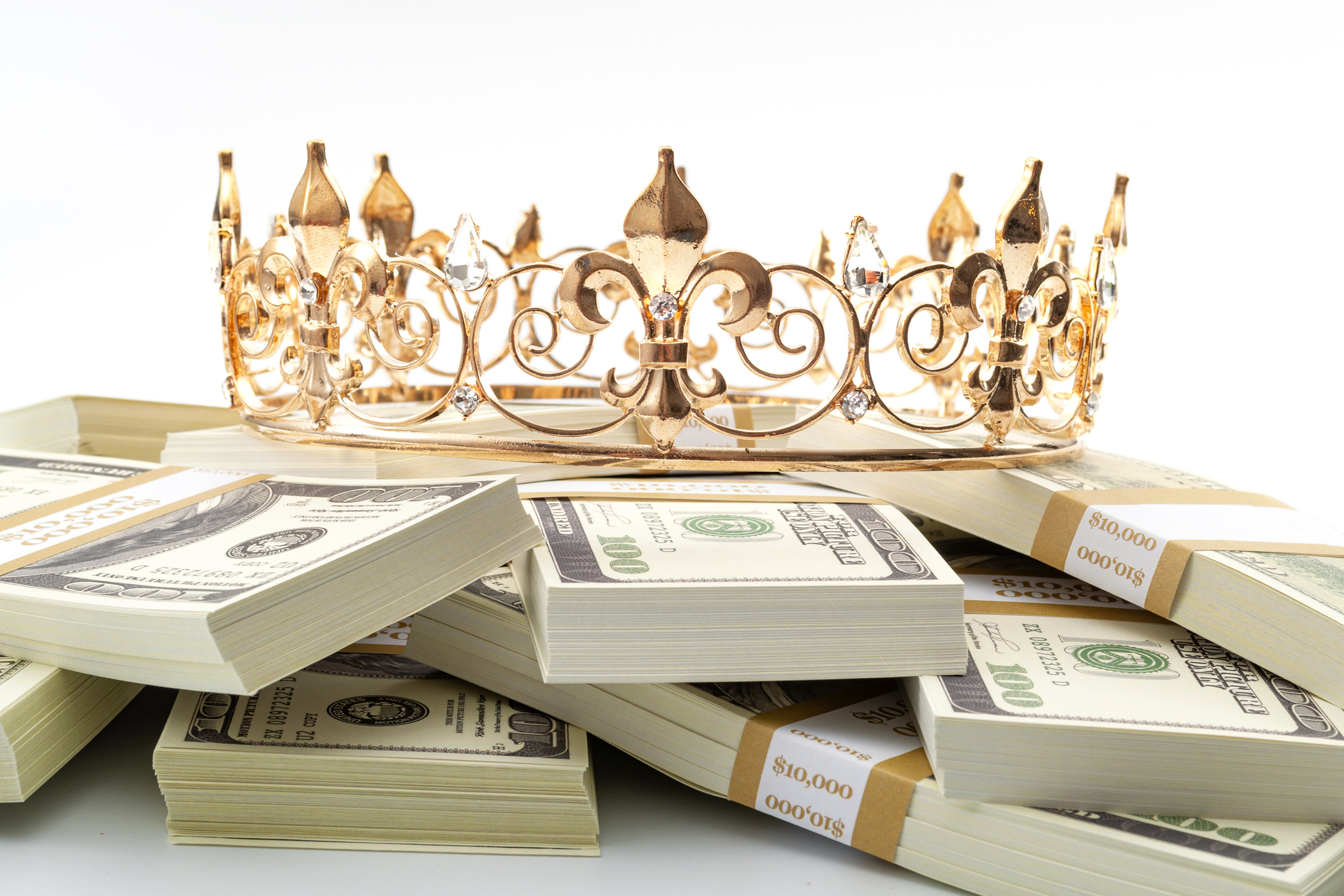Generational wealth involves transferring assets -- investments, real estate, and cash -- to descendants. Although it's generally distributed after a person dies, generational wealth can be given to family members anytime during a person's life, with proper planning. Read on to find out more about how to ensure that your family is financially secure, even after you're not around.

What is generational wealth?
Although the term "generational wealth" is most commonly used to describe vast amounts of money handed down to a person's descendants after their death, it doesn't need to involve large sums or even death. Generational wealth is about ensuring that your assets remain secure and useful to your family members, both while you're here and after you're gone.
Asset
What constitutes generational wealth? The usual -- investments, real estate, cash, and anything of value that might benefit your family members. An estimated $80 trillion is expected to be handed down to children and other heirs over the next two decades. And while most of that will belong to descendants of wealthy people, it doesn't mean that you can’t do your part to ensure your family members are comfortable, both during and after your life.
Building generational wealth
Here are four basic steps to begin building generational wealth:
- Get your financial house in order. For many people, this is the most difficult part of building generational wealth. Pay off high-interest credit card bills, student and auto loans, and your mortgage, if possible. Create an emergency fund -- preferably enough to tide you over for six months in case of a job loss or medical emergency. Create a budget and stick to it.
- Begin your investment journey. You might start with an employer-sponsored 401(k) or other retirement plan, supplemented with an individual retirement account (IRA). You should aim to save 15% of your income for retirement. Create a diversified portfolio of stocks, bonds, and any other assets that suit your risk tolerance. A young investor might be comfortable with growth stocks; older investors nearing retirement might consider certificates of deposit (CDs), Treasury bonds, or other reasonably secure assets. Life insurance is another investment that everyone should consider, regardless of your age.
- Decide how you want to pass along your assets to your heirs. You may want to consider a revocable or irrevocable trust, or you may simply want to ensure that you have an up-to-date, legally valid will. Having a will can help your heirs avoid time-consuming and expensive probate court.
- Educate your family members about wealth. Too many people inherit more money than they can spend wisely. As a result, it's often wasted and gone before yet another generation can benefit from a person's hard work.
Related investing topics
Example of generational wealth
The Rockefeller fortune is probably the best-known U.S. example of a family that has benefited from generational wealth. John D. Rockefeller, who built Standard Oil into a monopoly that controlled oil and gas production in the United States in the early 1900s, built a business empire that's been estimated to be worth as much as $400 billion in current dollars.
Instead of directly handing his wealth to his three children when he died in 1937, Rockefeller created a series of trusts, foundations, and other holdings that avoided probate and many taxes. Even though the number of direct descendants who receive money from the trusts is estimated to be 150 or more, his family fortune remains estimated in the billions.
Rockefeller also took time to ensure that his children learned about money. His youngest son was chief executive of the bank that became JPMorgan Chase (JPM -0.18%), and his family has become widely known for its support of a number of worthwhile causes through The Rockefeller Foundation.
